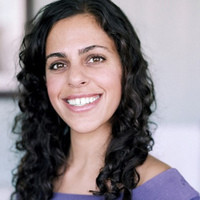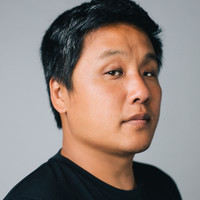Building New York's Subway
“Morning and night the hordes of clerks and stenographers and business men who fill the offices of down-town New York have poured across Newspaper Row and City Hall Park with scarcely a glance at the labor progressing underfoot that is going to bring them so many minutes nearer their work in the morning, and at night so many minutes nearer their play.”


